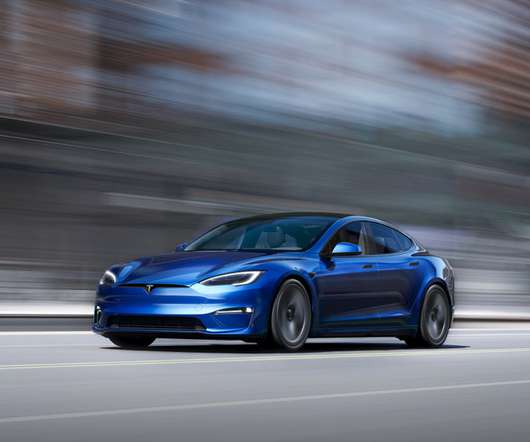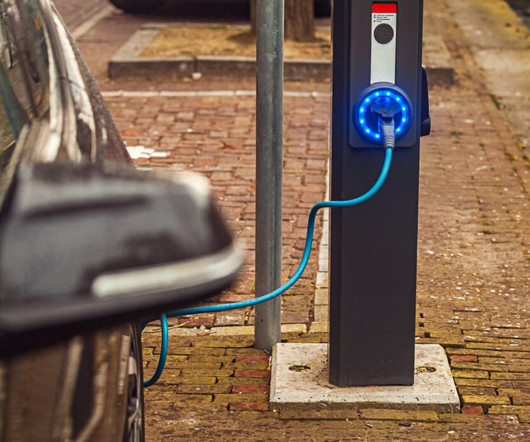Report: Tesla lobbied for higher taxes on gas and diesel vehicles in the UK
Green Car Reports
MARCH 18, 2021
Tesla lobbied the United Kingdom government to raise taxes on gasoline and diesel cars in order to fund higher subsidies for electric cars, The Guardian reported Tuesday.





















Let's personalize your content